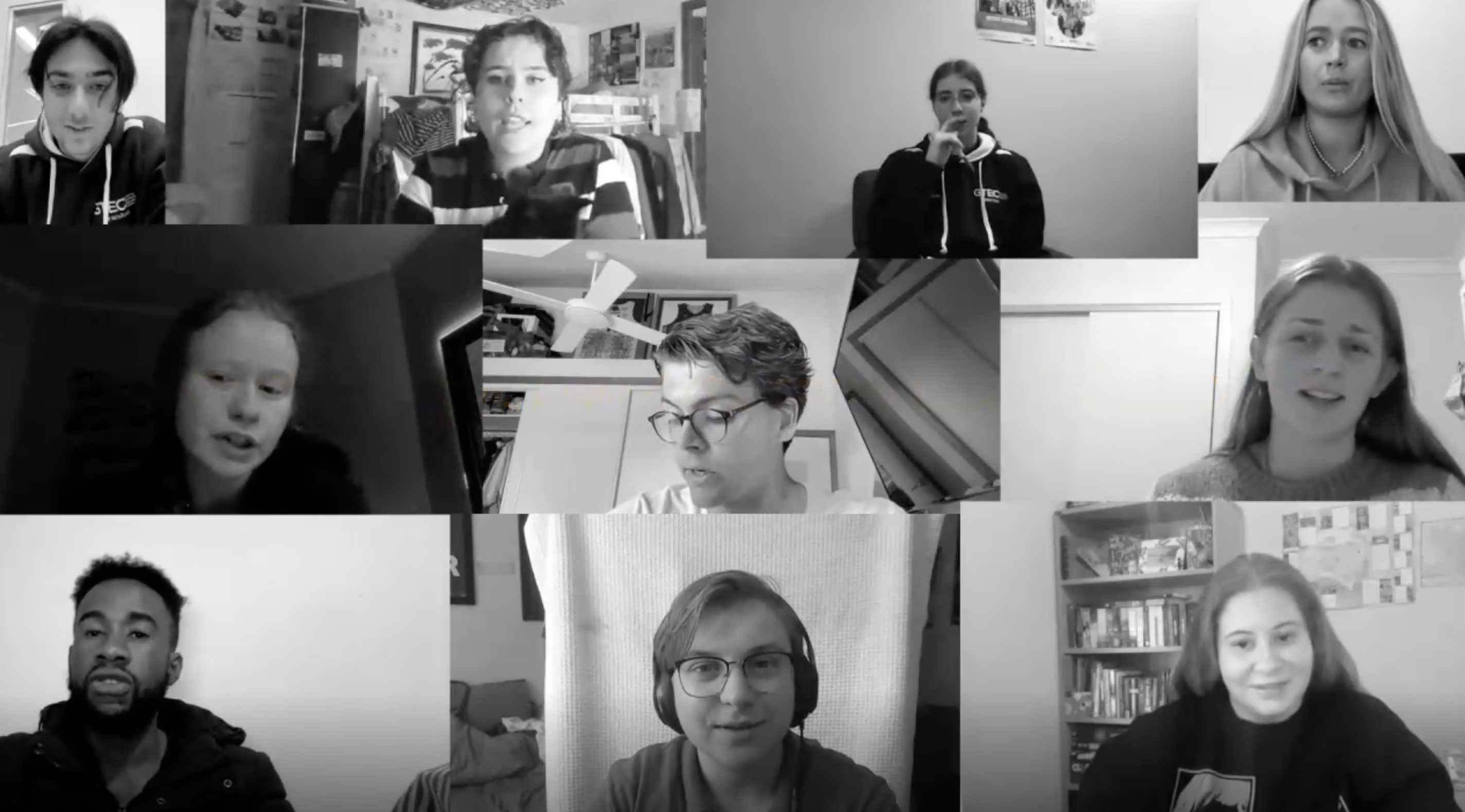
In a number of projects over the past four years we have used video-capture technologies (VideoAsk) to interview young people about their experiences of the pandemic, and their hopes and aspirations for futures that are increasingly characterised by crisis and uncertainty.
The COVID-19 Recovery Scenarios for Young People in Melbourne’s Inner Northern Suburbs project during the initial stages of the pandemic was a collaboration with the Inner Northern Local Learning Employment Network (IN-LLEN) and its Inner North Youth Employment Taskforce (INYET). As part of that project, we used VideoAsk to conduct video interviews with 53 young people during what became an extended 2nd lockdown period in Melbourne as the city dealt with a resurgence in COVID infections during August-November 2020.
From 2021 to 2023, as part of the COVID-19 and Disadvantaged Young People’s Education and Employment Aspirations: A Longitudinal Study of Young People’s Transitions in Geelong, young people were invited to participate in VideoAsk interviews with the support of a wide range of stakeholder organisations affiliated with the City of Geelong Pre-employment Professionals Network (PPN). During the first year of the project, and in the midst of extended public health lockdowns in response to rising COVID-19 infections, thirty three young people (aged 16-23) participated in interviews. Over the next two years a significant number of these returned to complete a further two video interviews.
VideoAsk is an interactive online video tool that lets you create personalized, asynchronous conversations. It’s a web-based platform … that you can use to create forms for qualifying leads, recruiting candidates, collecting testimonials, and much more. (VideoAsk)
VideoAsk interviews could be completed on any device, at a time that suited the participants, and responses could be submitted via video, audio or text. The format enabled young people to consider the questions and frame draft responses before submitting a final response. Our experience of the format suggests that many of the young people who participated were expansive and reflective when given the opportunity to respond to the asynchronous video prompt questions.
Other researchers have suggested that video interviews can be an engaging research method, are a popular choice among participants, and can provide a more ‘private’ space for participants to discuss their concerns and interests (Jenner and Myers 2019). As in all qualitative research, some young people were more expansive and thoughtful than others, and became ‘key participants’.
In this video at this link below we reflect on some of the technological and ethical challenges and opportunities that come from using video-capture technologies in research with young people. We also consider some of the reasons why young people – so often imagined a ‘digital natives’ – might feel more comfortable consuming digital video content rather than producing content. Finally, we highlight the powerful possibilities for engaging young people in these ways – not only in terms of research, but also where stakeholders want to promote young people’s participation and voice.
Reference.
Jenner, B. M., and K. C. Myers. 2019. “Intimacy, Rapport, and Exceptional Disclosure: A Comparison of in-Person and Mediated Interview Contexts.” International Journal of Social Research Methodology 22 (2): 165–177.
